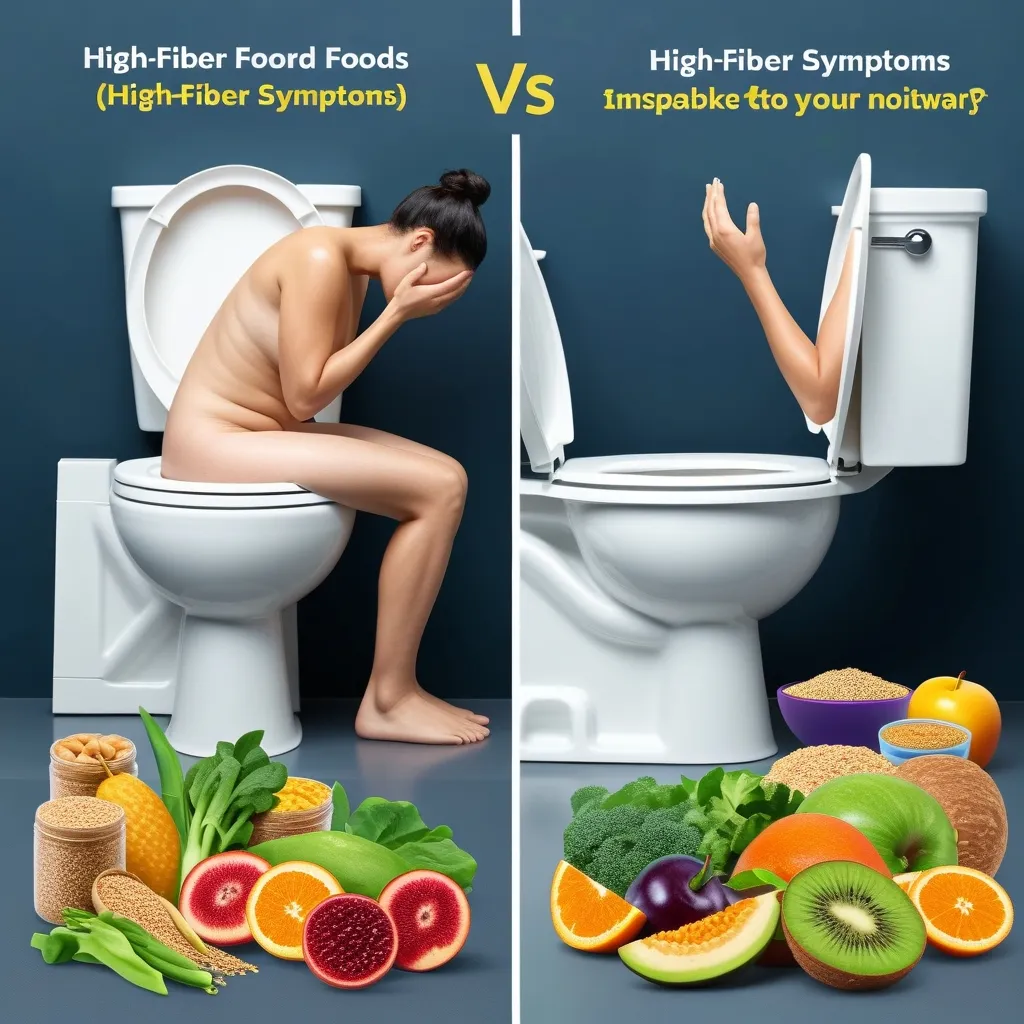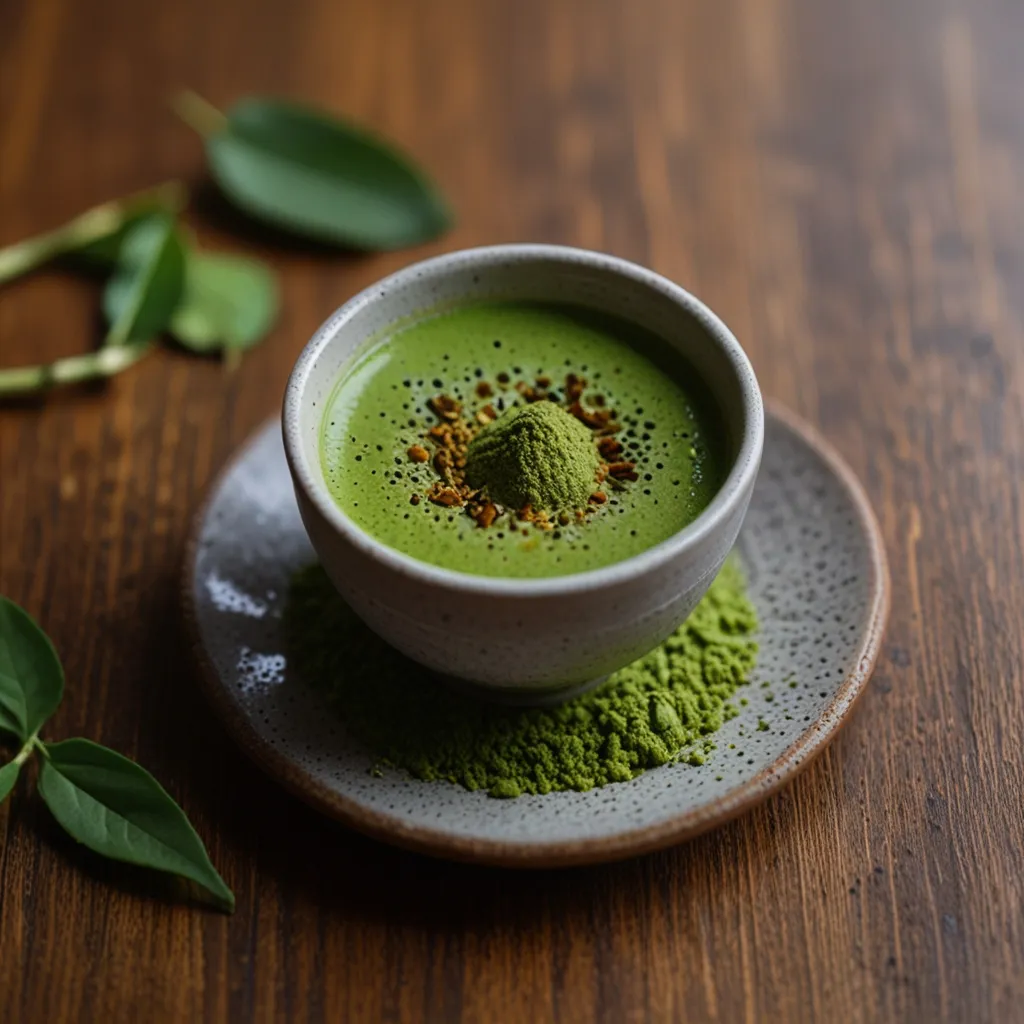Constipation is something that a lot of people deal with, and it can really mess up your day. Basically, it’s when you have trouble pooping or don’t go as often. You might notice hard stools, feel like you need to strain a lot, or feel bloated and uncomfortable. It’s super common, hitting about 15% of folks, especially women and older adults.
So, what can be done about it?
First things first, let’s talk about food. Upping your fiber is a game-changer. Fiber helps by making your stool bulkier and softer, so it’s easier to pass. Shoot for around 25 to 34 grams of fiber a day. Think whole grains, beans, veggies, and fruits — both fresh and dried. Prunes and bran cereal are all-stars for this. And don’t forget to hydrate. You need at least eight glasses of water daily to help that fiber do its thing.
Moving on to lifestyle changes. Get moving! Even a short daily walk can make a big difference in keeping things moving in your gut. How you sit on the toilet can also make a difference. Try squatting, raising your legs, or leaning back to see if it helps. Also, if you’re on meds that might cause constipation, chat with your doc about alternatives.
Home remedies can also offer some relief. A morning cup of coffee or tea can jumpstart your bowels. Avoiding high-fat and low-fiber foods like cheese, processed foods, and meat can also help. Some people find that cutting out foods high in FODMAPs (like certain carbs) can ease digestive issues.
Sometimes, diet alone isn’t enough. That’s where fiber supplements like Metamucil, All-Bran, and Citrucel come into play. Just a heads-up, these can cause gas and bloating, so drinking plenty of water is key. Osmotic laxatives like MiraLax and milk of magnesia work by drawing water into your intestines, softening the stool. Stool softeners like docusate can also help by adding moisture to your stools.
For more severe cases, advanced treatments like biofeedback therapy can retrain your pelvic floor muscles to help with bowel movements. Abdominal massages can also help. Enemas can be used now and then to clear out the colon, but don’t rely on them too much.
Don’t forget about your gut bacteria! Probiotics found in yogurt and fermented foods, along with prebiotics found in bananas and oatmeal, can help balance your gut bacteria and relieve constipation.
Sometimes, though, it’s time to call a healthcare pro. If your symptoms stick around or get worse, or if you’ve got severe pain, blood in your stool, or trouble peeing, see a doctor. Chronic constipation can lead to other problems like hemorrhoids or even nerve damage.
In the end, constipation might be common, but there’s a lot you can do about it. With a mix of the right foods, some lifestyle tweaks, and maybe a few home remedies or medical treatments, you can get things moving again and feel a whole lot better.






